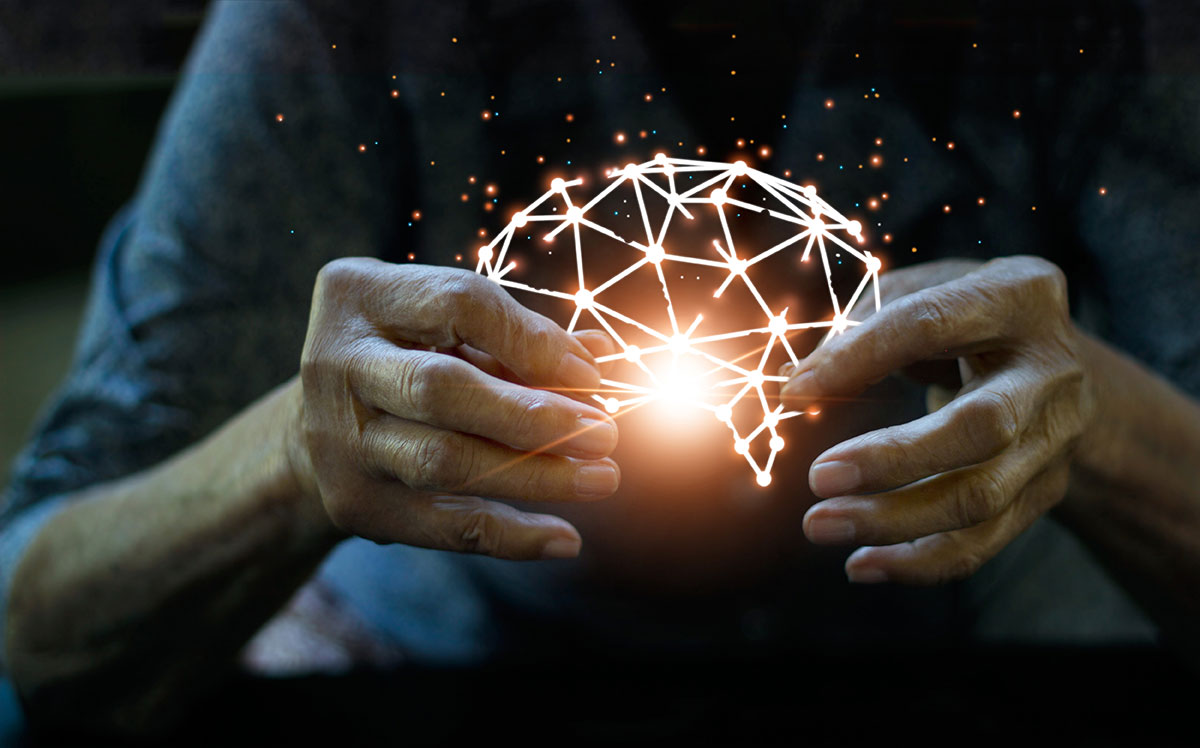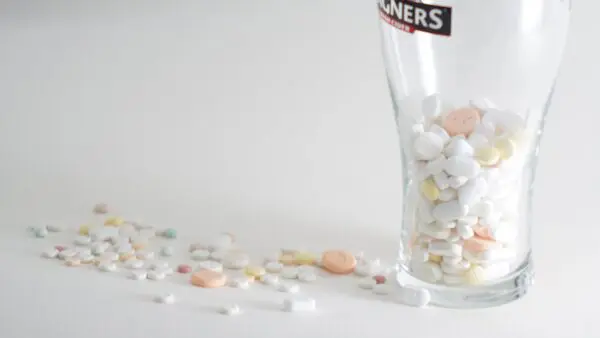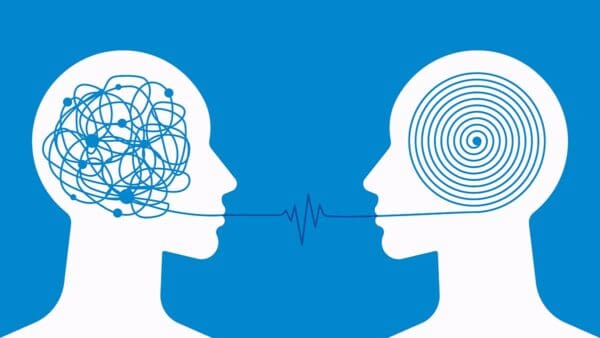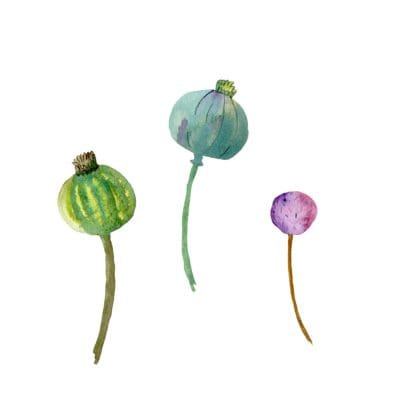How to succeed after ibogaine
What is Ibogaine Treatment?
Ibogaine is a powerful psychedelic substance that can be used to help people with substance abuse disorders. It interrupts the addiction cycle by eliminating withdrawal symptoms, post-acute withdrawal syndrome (PAWS), and cravings for drugs or alcohol.
Many people leave an ibogaine experience feeling like a new person, but ibogaine is not a cure. Without some sort of plan or inner-work, eventually, the vibrancy and liberation people describe feeling after ibogaine may wear off, and you might find yourself reverting to old habits. What someone does after their experience is often as important as the experience itself. This is why it is necessary to learn about the process of integration and aftercare.
What is Integration?
Integration is the process of incorporating the most important aspects and lessons of a psychedelic journey and applying them into your daily life. It usually is work done on oneself and sometimes with the help or guidance of an integration specialist. There is no one size fits answer for how someone should integrate their ibogaine experience.
Aftercare is similar to integration but is a term more commonly used in the substance use world. It may also refer to an institution or clinic with a specific program to assist people who have completed ibogaine therapy or another program for substance use. Aftercare often refers to a more structured program, while integration often refers to processes undertaken day by day.
Every ibogaine experience is different. Some people realize profound truths and bounce back within a day or two. Others have abstract experiences and gradually feel better day by day. This can result in clients feeling confused, frustrated, and wondering if they did something wrong or if the medicine didn’t work for them. It is important not to label the experience or expect instant results.
In a study that analyzed the experiences of people who had undergone ibogaine treatment for opioid use, 90% said they had a challenging time describing their experience or understanding what they had seen. This is a compelling reason for the necessity of integration.
To get the most out of an ibogaine experience, a person should be committed to the goals and intentions set before their ibogaine treatment. They should work towards owning complete responsibility for themselves and what they learned during their experience, even if uncomfortable.
Types of Integration
There are ibogaine integration coaches, counselors, and therapists who work with people remotely or during all stages of someone’s treatment, but more commonly after someone’s experience. The difference between an integration specialist’s title is the amount of training and school they have been through. Psychologists may be present who are trained in psychedelic integration and may offer cognitive behavioral therapy or other modalities.
Ibogaine centers may have staff members who specialize in integration and work with a person while they are at the center. Ibogaine centers may also have an integration specialist they recommend who will work remotely with someone after they leave the center. It is a good idea for prospective ibogaine treatment clients to do consultations (which are often offered for free) with several integration specialists to find the person who matches your needs.
Aftercare facilities dedicated to serving people who have recently completed an ibogaine treatment are not common, but also not unheard of. There are a few ibogaine aftercare centers located in the United States and Mexico. Some ibogaine treatment centers may also offer longer stays and aftercare options as well.
Tips for integration at home
Not everyone has the resources to spend on integration and aftercare. This is a guide to help people, specifically substance users, navigate integration on their own after their ibogaine treatment. There is nothing wrong with integrating on your own, but it is good to have a plan and be ready to put in work.
To get the most out of an ibogaine experience, a person should be committed to the goals and intentions set before their ibogaine treatment. They should work towards owning complete responsibility for themselves and what they learned during their experience, even if uncomfortable.
There are three core things to focus on that will help someone integrate an ibogaine experience effectively: body, mind, and environment.
Physical Health After Ibogaine
One of the best steps a person can take after ibogaine is to spend time outdoors interacting with nature. Make a goal with yourself to take a walk, visit a park, or spend some time outside every day. Not in the mood to do anything? Find a bench to sit on for 20 minutes. Spending time outside will retrain your brain while building new habits. Exposing yourself to natural sunlight (UV) will also help boost vitamin D, which helps regulate serotonin levels naturally within the body.
Carefully monitor what you do in your everyday life after ibogaine. Consider housework or gardening as daily grounding hobbies to help slow things down. Avoid impulsively watching TV or getting on the computer, which will feed habitual behaviors.
Take care of your body. Practice good posture and move around to stay active, thus avoiding poor body mechanics. Substance users are often attracted to rituals. This is an excellent time to find healthy rituals to incorporate into your life. Find a practice that can be done every day. Some people might prefer running or going to the gym, while others might prefer yoga, qi gong, or martial arts. These practices help harmonize the body, mind, and soul. They also heal the nervous system while strengthening the body and centering the mind.
Pay attention to what goes into your body. Start by eating healthier, avoiding junk food and processed foods, and drinking lots of water. Always stay hydrated. Be sure to incorporate whole grains, fresh fruits, dark leafy greens, legumes, and vegetables in your everyday routine. Probiotics and fermented foods are great for drug users who may have disrupted their gut flora. Take supplements and nootropics to help your brain in its recovery from drug use. Ibogaine does some of the work, but you have to meet the ibogaine halfway for a well-rounded experience.
Set up a sleep schedule you can stick to. Sleep is important! Build a routine in the evening to help you unwind and fall asleep around the same time every night.
Mindfulness After Ibogaine
Don’t forget to take care of your mind. Investing time in activities that help you learn or think about new things is important for mental health recovery and growth. Reading books, listening to music and podcasts, investing time in creative projects and art, etc., will increase an individual’s attention span while forming new neural pathways. Return to things you were passionate about before using drugs. If you have no idea what you like to do, try anything that sounds interesting. Some of these things may become life passions.
Start a journal. Journaling is an excellent way to get in touch with your feelings and thoughts, express yourself freely without judgment or fear; it can be cathartic and serves as therapy for many people recovering from drug use by identifying triggers early on. This will help you be more prepared when faced with these triggers. Writing down what you’re grateful for each day will help keep things positive during this time, too – don’t forget how far you have already come.
Be mindful of your schedule, and focus on starting your day slowly and intentionally. Don’t react to the small things that come up during the day. Small practices like this will help a person tune into their intuition, get to know themselves again, and figure out how to live their life healthily.
One way to avoid going back to unhealthy habits is by taking everything step by step and appreciating small tasks. Spend time in your body, take a deep breath and find happiness from the simplest moments of life instead of trying to fix everything at once. Find time for mindfulness or meditation. Start with five minutes a day and focus on consistency over being “good” at a new practice.
Positive Environment After Ibogaine
Returning home following an ibogaine experience can be challenging, but knowing the triggers that may cause cravings for substances or unhealthy behavior will make it easier. The key is recognizing your triggers and then doing what you need to do to eliminate them before returning home. Triggers may be people, things, or places. It may even be a song or a TV show. Be mindful of your triggers and do your best to create an environment absent of them. A healthy environment is crucial for success after ibogaine.
Lack of planning and overfilling your day with obligations is a mistake some people make after ibogaine treatment, leading them back into old habits before mastering new coping skills for stress and triggers.
Make an effort to connect with like-minded and positive people. You do not have to be on this journey alone. Spending time with people with similar goals, interests, and intentions can greatly benefit your perspective and support your healing process. There are many places to meet people: volunteering, yoga class, gym, men’s and women’s circles, support groups, classes, etc.
Accept moments and days that may be uncomfortable, but make sure you are in an environment where you can healthily handle uncomfortable emotions. This is one of the reasons why ibogaine is so effective. The process is designed to liberate people from uncomfortable emotions and old memories. Remember that you are okay, and this is part of the process. There is no way around the hard stuff; we have to go through it to get better. Remember to be consistent and present with the hobbies and practices you have chosen to keep yourself busy.
Integration is a Process
It is your goal to keep challenging yourself with integration work. No one can do it for you. Focus on the bigger picture and stick to the plans and practices you have started even when it might be uncomfortable. It may be tempting to revert to old habits or skip that yoga class when you’re tired or feeling down, but it’s important to stay focused.
It is theorized that the complex nature of noribogaine stays in the system for weeks or even months. Most ibogaine providers agree on a 90-day window of a person being able to utilize noribogaine levels. Noribogaine also promotes neuroplasticity, so the things you implement during this period may be more likely to cement new pathways and become part of your future. Use this period of increased well-being and motivation to focus on learning healthy behaviors.
One way to ensure that your ibogaine process is a success is to listen to your body and not overwhelm yourself. Your goal is to find that sweet spot between pushing yourself without taking on new challenges too quickly, effectively lowering the chance of burnout. Patience may be one of the most valuable traits to develop post-ibogaine as many people describe months of changes and realizations.
Lastly, make sure to treat yourself with some self-care and nurturing activities like a massage or enjoying your favorite type of music. This helps retrain the brain by teaching the reward system that new activities can trigger dopamine release and pleasure. Most importantly, remember to have fun. It is easy to get caught up with “doing the work,” but having fun should be near the top of the priority list. Enjoying life is one of the great rewards of completing an ibogaine experience.








